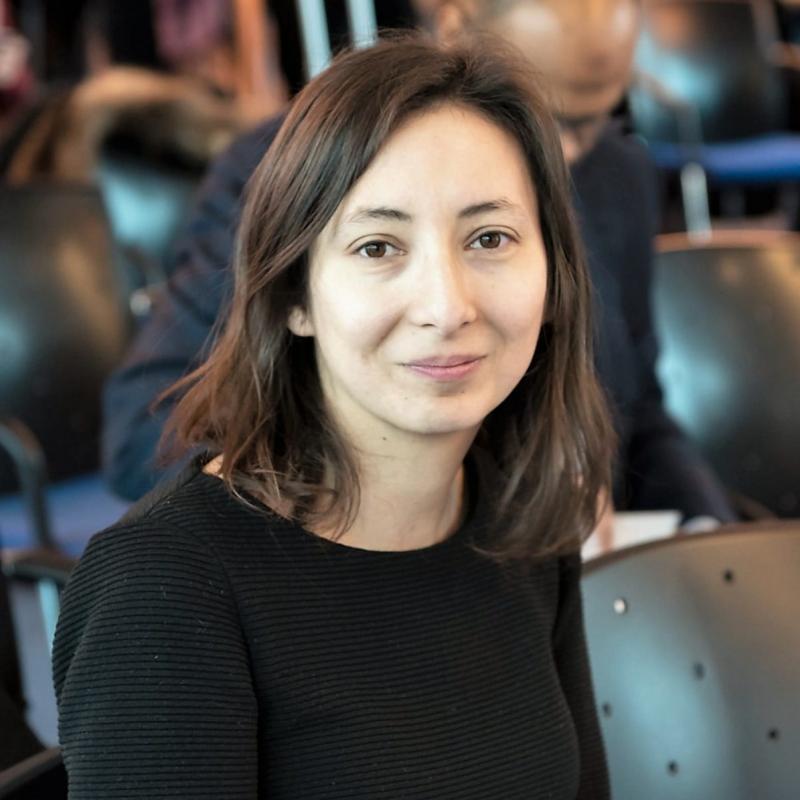Breadcrumb
At a time when international conflict is at the forefront of our global consciousness, an eight year partnership between the UN System Staff College (UNSSC) and an Oxford University team, led by Dr Annette Idler, advances the UN’s conflict analysis capacity. The partnership has produced the “Changing Character of Conflict Platform”, a new conflict analysis tool aiming to aid the understanding, tracing, and forecasting of changes in conflicts across the world to ultimately mitigate impacts on people and communities.
To bring the tool to people impacted by conflicts around the world, the partnership brought together a unique group of civil society, the international community and academics in two virtual forums which focused on conflicts in Myanmar and in the Horn of Africa. They drew on a wide range of sources, from photographs to interactive digital visualisations, aiming to bring together expertise, approaches and methods in ways that are not usually combined in conflict research. To widen their perspective, they aimed to promote a dialogue between quantitative and qualitative studies.
Drawing on these discussions, they have produced a series of reports, which include recommendations for decision makers to mitigate the consequences of armed conflict. The recommendations include increasing women’s representation in positions of power, to advance laws protecting them from sexual violence and increasing access to economic opportunities and quality education, including peace education, from a young age.
The conflict analysis tool forms part of the UNSSC Peace and Security Hub’s regular trainings for practitioners and policymakers, forming part of ongoing efforts to strengthen the UN’s ability to prevent and mitigate conflict, to build resilient societies and to promote peace around the world.



